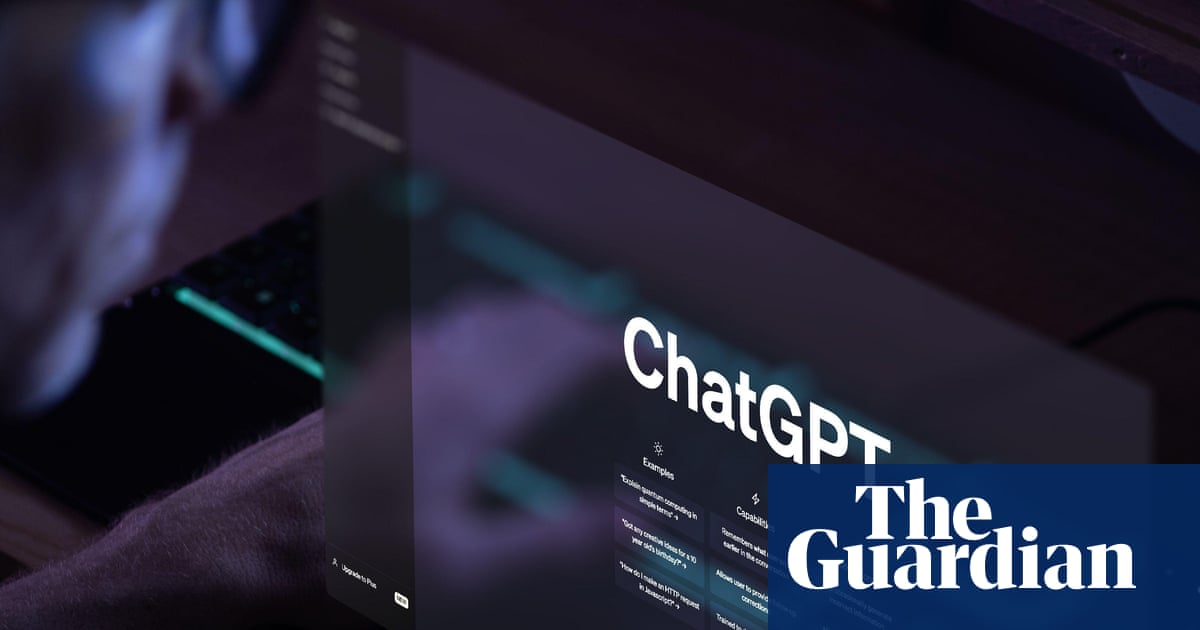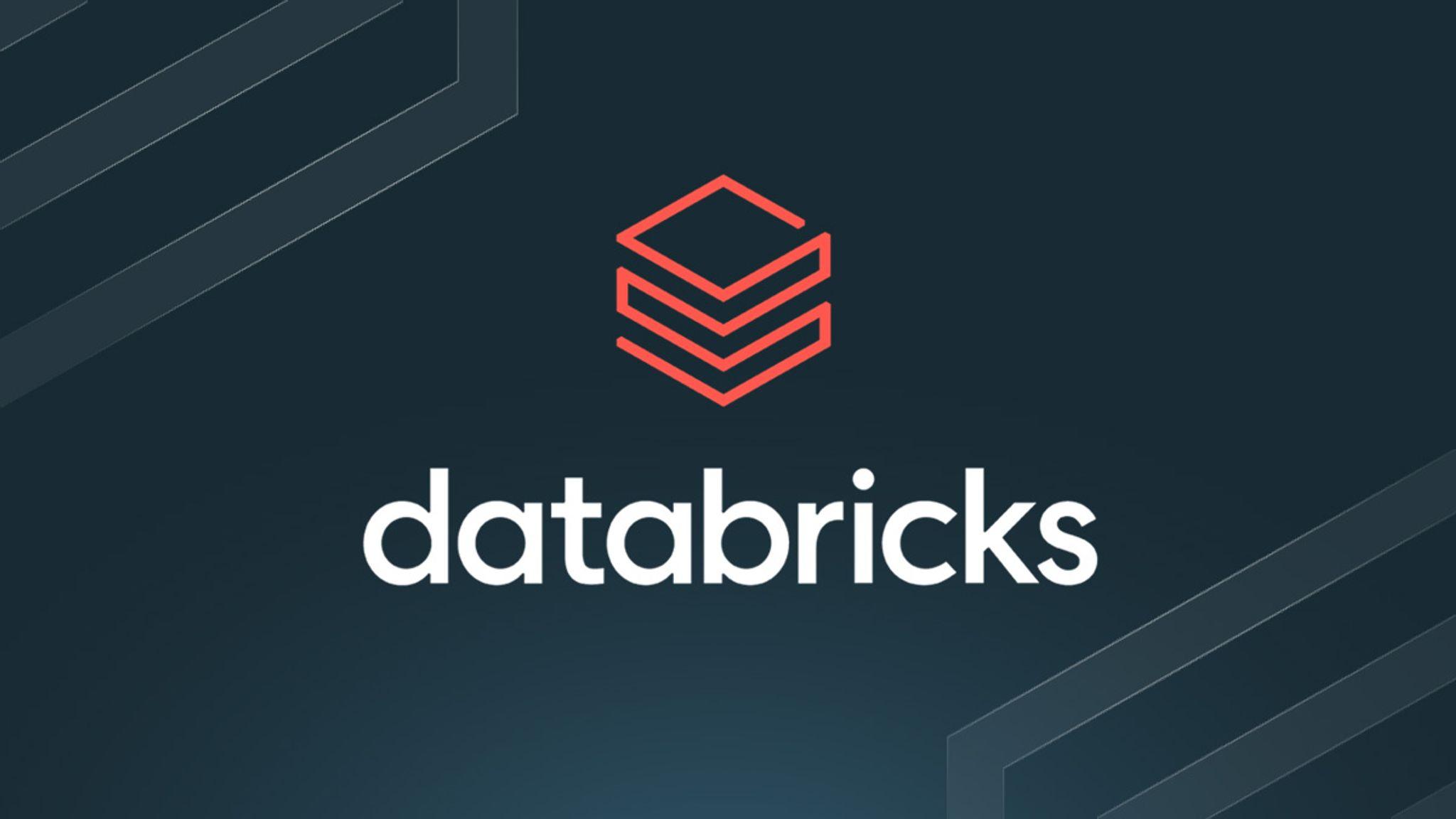
ChatGPT Unveils Study Mode: Revolutionizing Academic Engagement
In an era where artificial intelligence technology continues to infiltrate diverse sectors, ChatGPT is making significant waves with a groundbreaking new feature designed to transform how students approach learning. The introduction of "study mode" represents a revolutionary tool crafted specifically to promote responsible use of this advanced chatbot in academic settings, addressing growing concerns about AI misuse in educational environments.
A Personalized Academic Companion
Accessed seamlessly through the chatbot's integrated tools button, study mode functions as a sophisticated academic guide that unravels complex topics piece by piece, creating an interactive learning experience. Users can imagine having access to a personalized tutor, carefully tailored to their individual level of understanding and specific learning objectives. OpenAI demonstrates the chatbot's capabilities by showcasing how it guides users through intricate concepts like Bayes' theorem, dynamically adjusting explanations to suit each individual's mathematical comfort level and educational goals.
This innovative approach transforms the traditional AI interaction model by initiating meaningful dialogue with users, assessing their existing knowledge base, and crafting explanations that promote genuine understanding rather than simple information delivery. The chatbot doesn't merely supply answers but creates a comprehensive learning journey that encourages deeper engagement with challenging academic material.
Addressing Rising Academic Integrity Concerns
This technological innovation arrives at a particularly critical juncture in educational history. Recent comprehensive surveys have revealed alarming trends regarding AI misuse in academic environments, with nearly 7,000 proven cases of AI-related cheating documented in the UK during the 2023-24 academic year alone. This represents a dramatic increase from previous years, with rates jumping from 1.6 per 1,000 students to an unprecedented 5.1 per 1,000 students, highlighting the urgent need for responsible AI integration strategies.
In the United States, more than one-third of college-aged students have incorporated ChatGPT into their learning routines, with a significant portion of these interactions focused specifically on educational tasks. This widespread adoption underscores both the potential benefits and inherent risks associated with AI technology in academic settings.
Fostering Understanding Over Shortcuts
OpenAI's primary objective with study mode is unmistakably clear: enabling students to delve deeply into the authentic learning process rather than bypassing critical educational experiences. Although the persistent temptation to take academic shortcuts remains ever-present, this innovative feature is specifically crafted to break down complex answers systematically, offering valuable insights and promoting genuine understanding instead of providing complete solutions instantly.
Jayna Devani, OpenAI's international education lead, emphasizes this thoughtful approach as a crucial step toward fostering beneficial educational practices with artificial intelligence technology. She articulates the company's commitment to pivoting away from AI-fueled shortcuts toward creating a more conducive and supportive learning environment for students worldwide.
Industry-Wide Transformation and Future Vision
The academic sector as a whole faces significant challenges that extend far beyond the introduction of this innovative study mode. There exists an urgent need for comprehensive, industry-wide dialogue about fundamentally reshaping assessment methodologies and establishing precise, actionable guidelines that clearly define responsible AI use in educational contexts. This conversation must involve educators, administrators, technology developers, and policymakers working collaboratively.
OpenAI's study mode innovation serves as a powerful and versatile tool for homework assistance, comprehensive exam preparation, and systematic exploration of new academic subjects. The feature, officially labeled as "study and learn," is designed to function as a reliable academic ally that strikes a delicate balance between technological innovation and educational integrity.
Ultimately, this initiative represents a promising horizon in the evolving digital academic landscape, actively encouraging students toward deeper comprehension and responsible AI interaction. As artificial intelligence continues to weave itself into the fundamental fabric of modern academia, approaches from forward-thinking developers like OpenAI signal a genuinely conscientious attempt to redefine technology's constructive role in education, ensuring that these powerful tools enhance rather than replace authentic learning experiences.







